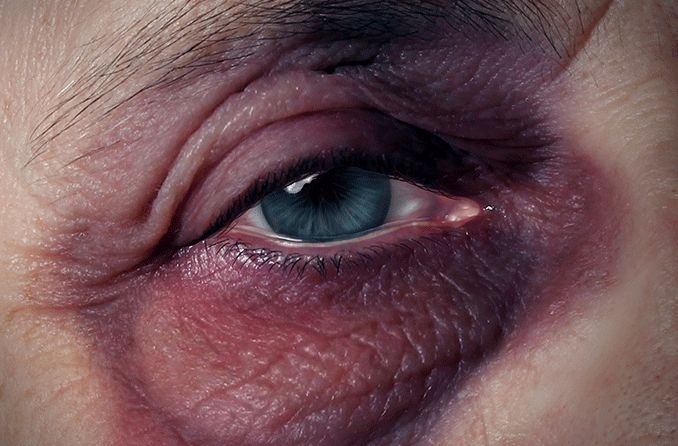Heel pain is a common problem, but when it persists or seems unusual, it can raise questions. One of the biggest concerns people have is whether is heel pain a sign of cancer. While cancer is rarely the cause of heel pain, it is important to understand the potential connection and rule out serious conditions.
In this, we will explore the connection between heel pain and cancer, look at other common causes, and offer tips on what to do if you’re experiencing persistent pain.
What is Heel Pain
Heel pain refers to any discomfort or pain that you feel in the back or bottom of your heel. It can range from mild irritation to severe, sharp pain that affects your ability to walk or stand for long periods. Heel pain is often caused by stress on the feet from overuse, improper footwear, or certain activities like running or standing for too long.
However, some people wonder ‘is heel pain a sign of cancer’? While heel pain is commonly related to less serious conditions. It is important to consider all potential causes, including rare ones like cancer, especially if the pain persists or is accompanied by other unusual symptoms.
If you’re wondering is heel pain a sign of cancer. It’s always a good idea to consult with a healthcare professional to rule out any serious underlying conditions.
Is Heel Pain a Sign of Cancer?
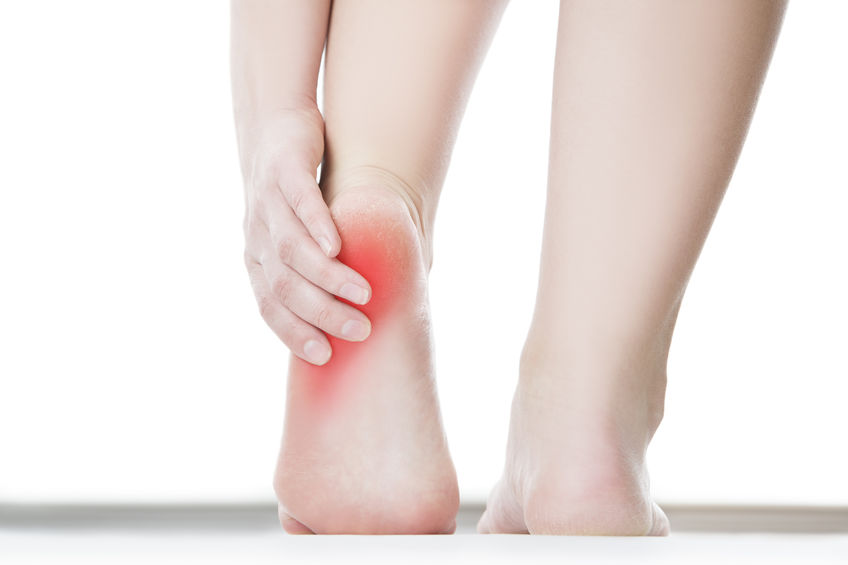
For most people, heel pain is not related to cancer. However, in some rare cases, persistent or unusual heel pain could indicate something more serious. You might ask, Is heel pain a sign of cancer? Cancer can affect bones and soft tissues in the body and in rare cases. It may involve the bones in the heel. While cancer is not a common cause of heel pain. It’s essential to be aware of any warning signs and take appropriate action. It’s crucial to monitor any changes and consult with a healthcare provider for an accurate diagnosis.
Is heel pain a sign of cancer? Keep in mind that most cases of heel pain are not linked to cancer types of Cancer that Could Cause Heel Pain
Types of cancer that might cause heel pain
- Bone Cancer:
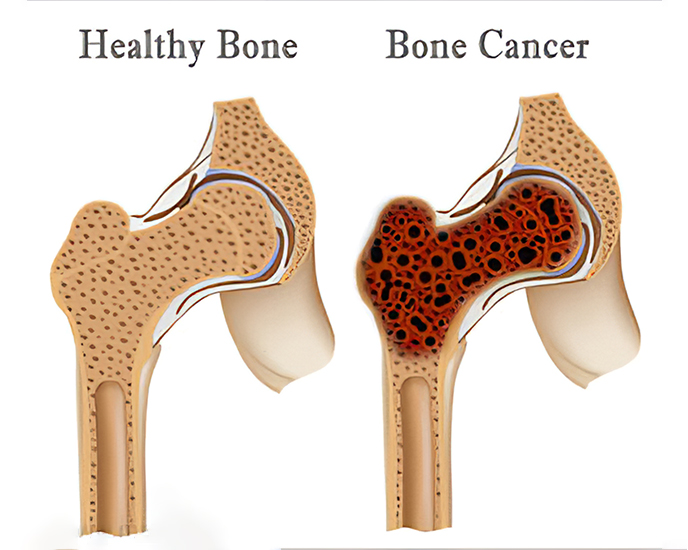 Cancer that starts in the bones (osteosarcoma) can cause pain in specific areas of the body, including the heel. This type of cancer is more common in young adults and children.
Cancer that starts in the bones (osteosarcoma) can cause pain in specific areas of the body, including the heel. This type of cancer is more common in young adults and children. - Metastatic Cancer:
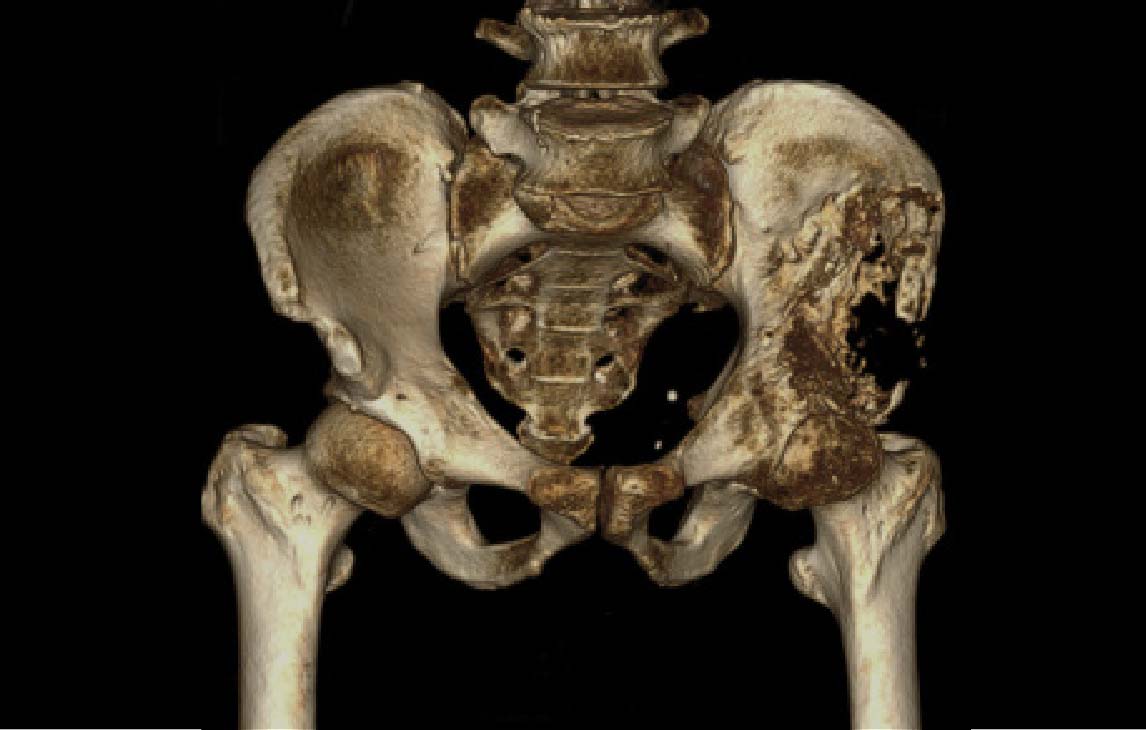 Sometimes, cancer that starts in other parts of the body can spread (metastasize) to the bones in the feet or heel. For example, breast cancer, prostate cancer, or lung cancer can sometimes spread to the bones, causing pain in the feet.
Sometimes, cancer that starts in other parts of the body can spread (metastasize) to the bones in the feet or heel. For example, breast cancer, prostate cancer, or lung cancer can sometimes spread to the bones, causing pain in the feet. - Soft Tissue Sarcomas:
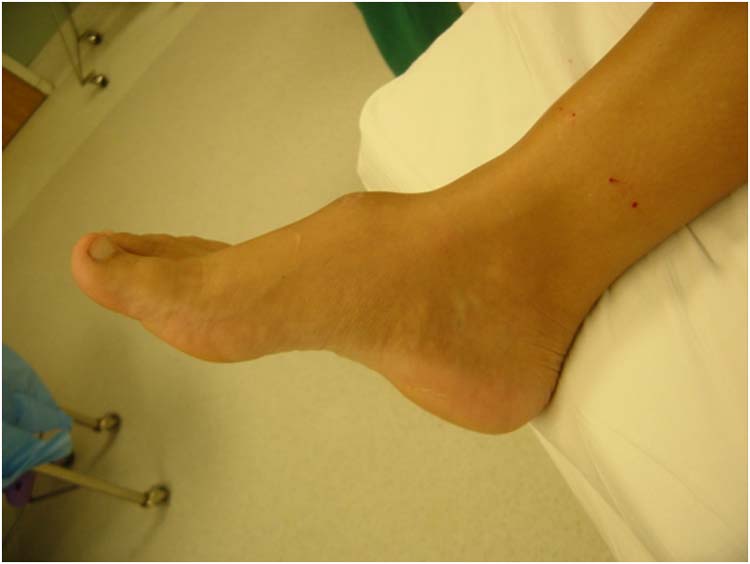
These cancers affect the soft tissues like muscles, fat, and connective tissues. In rare cases, they can develop in the soft tissues around the heel, leading to discomfort.
However, these are not the first conditions to be suspected when someone experiences heel pain. It’s important to consult with a healthcare provider to rule out other common causes.
Some of the most common causes for Heel Pain:
Before jumping to conclusions about whether Is heel pain is a sign of cancer. It’s crucial to understand that heel pain is often caused by non-serious conditions, such as:
1. Plantar Fasciitis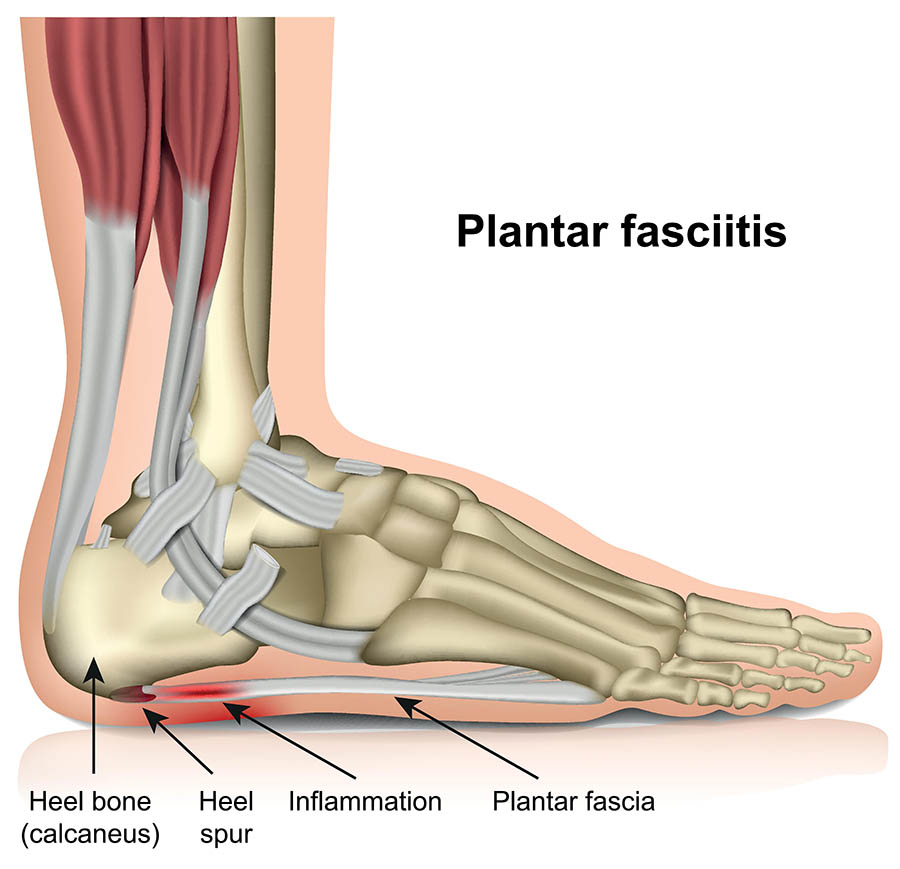
This is one of the most common causes of heel pain. The plantar fascia is a thick band of tissue that runs from the heel to the toes. When this tissue becomes inflamed (often due to overuse, poor footwear, or weight gain), it can cause sharp pain in the heel, especially in the morning.
2. Achilles Tendonitis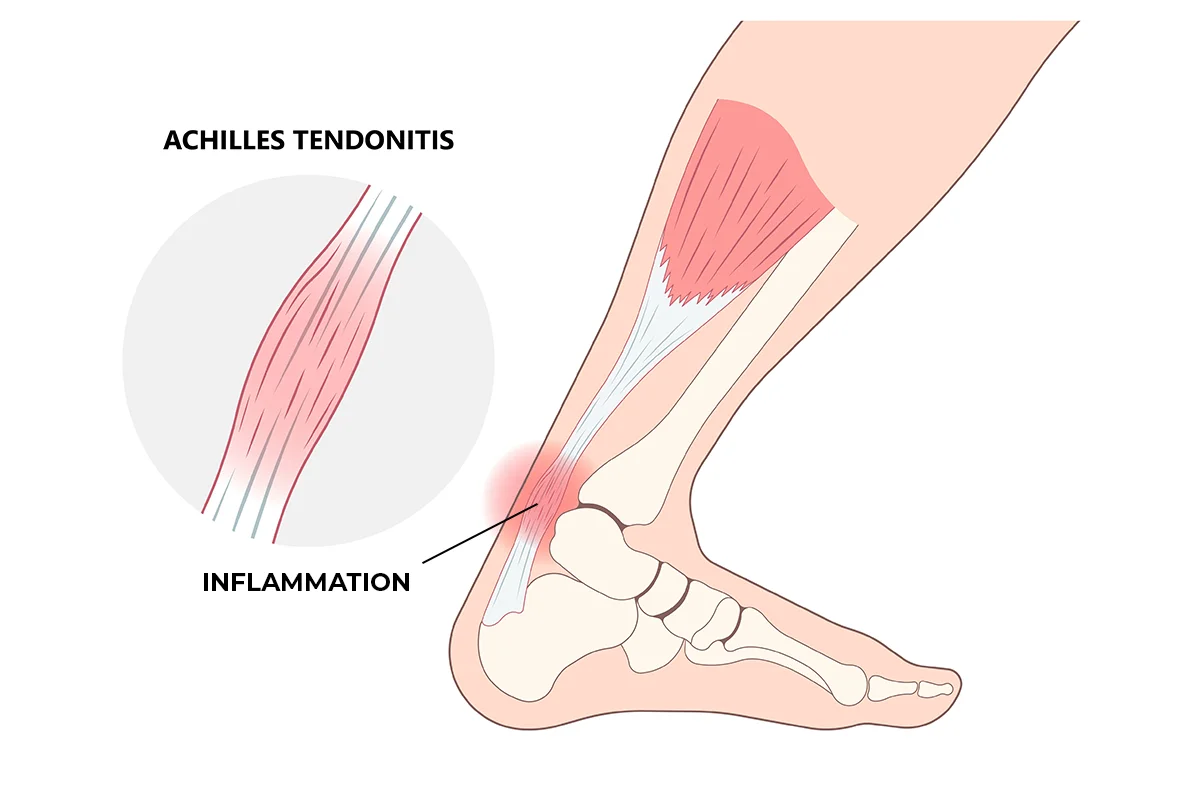
The Achilles tendon connects the calf muscles to the heel. Overuse or sudden increases in activity can cause inflammation in this tendon, leading to pain at the back of the heel.
3. Heel Spurs
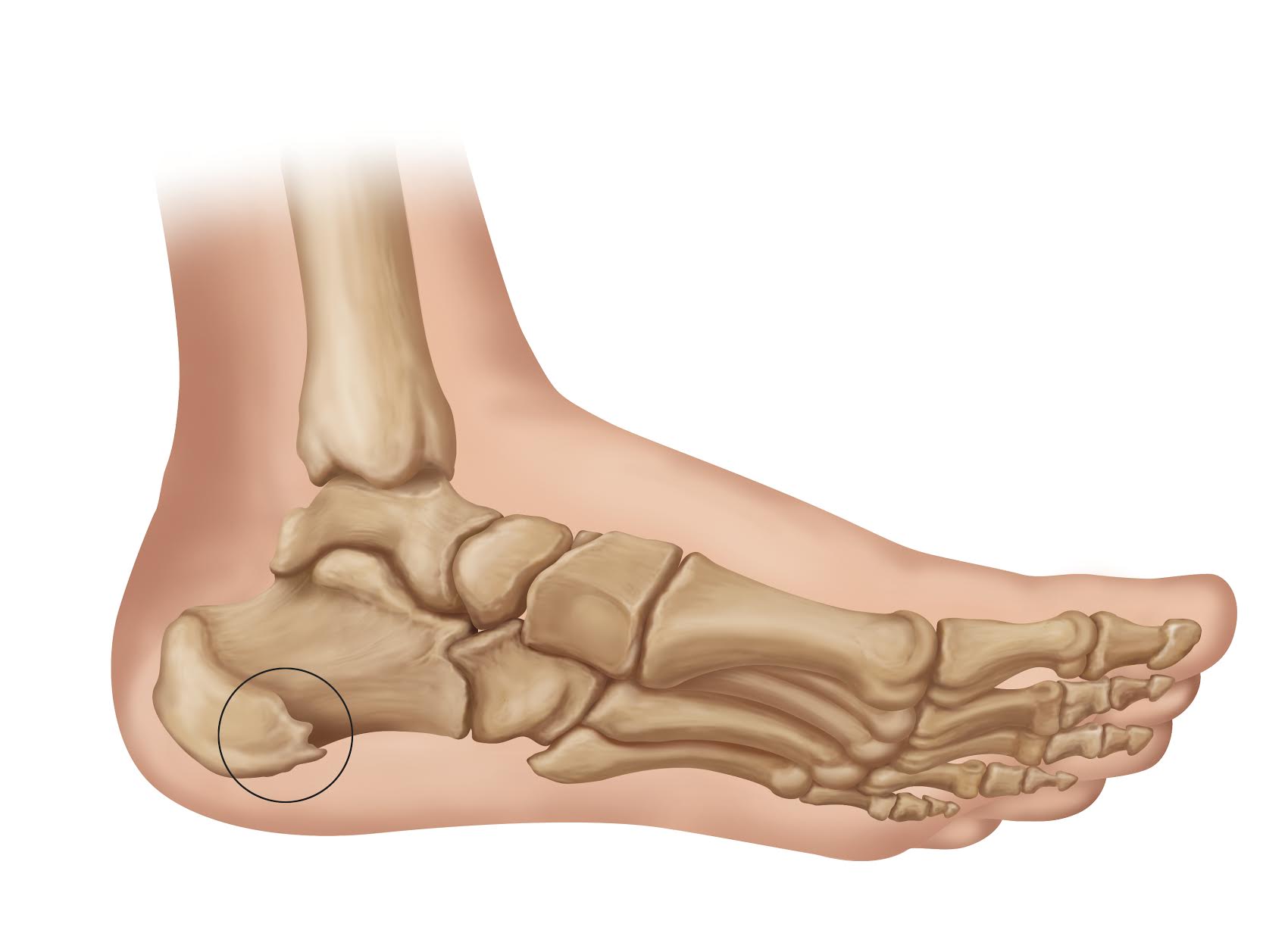
A heel spur is a bony growth that develops on the heel bone. It is often caused by plantar fasciitis or repetitive strain. While heel spurs themselves may not be painful, they can lead to discomfort in the heel area.
4. Bursitis
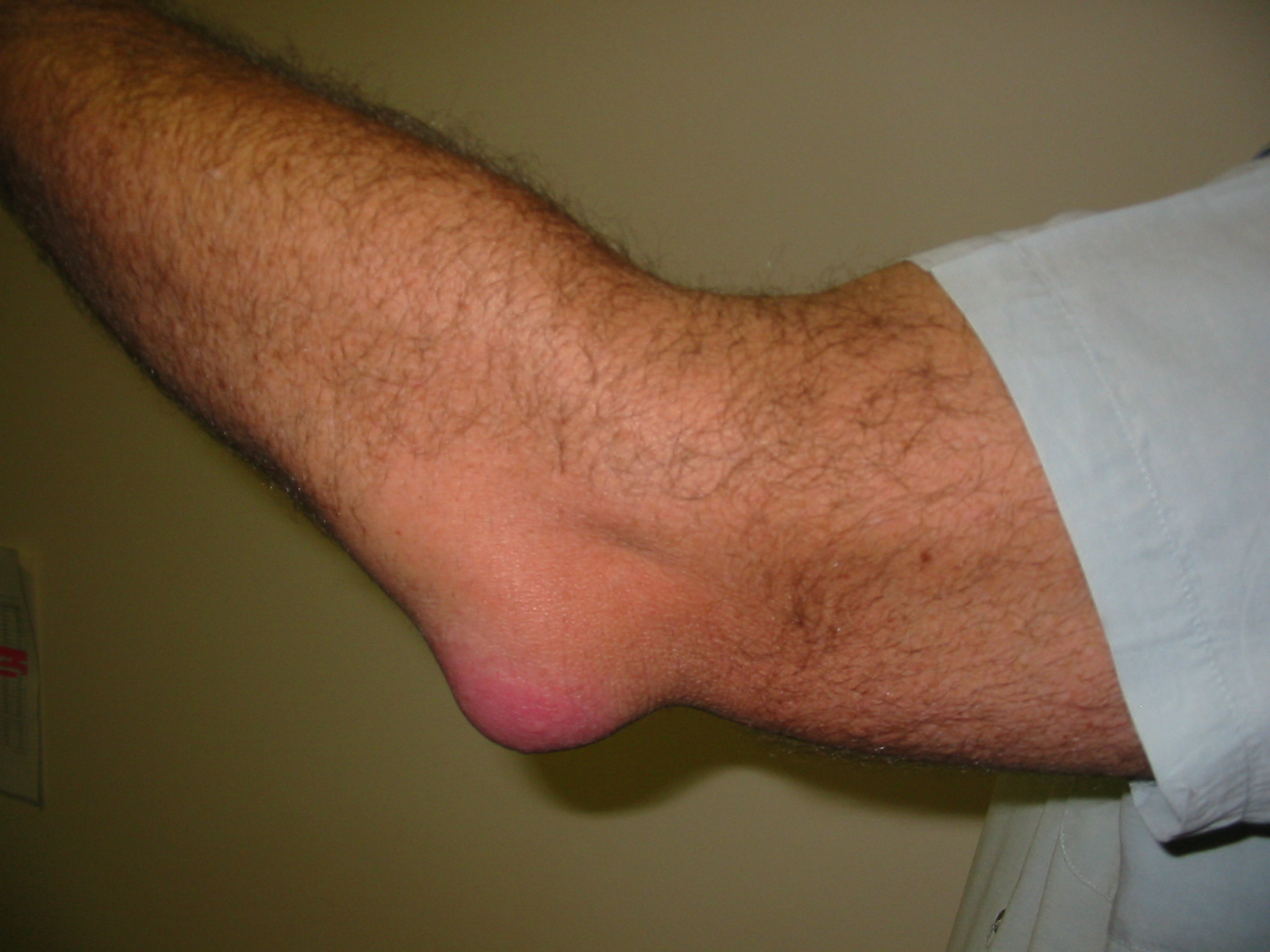
The bursa is a fluid-filled sac that helps cushion the joints. If the bursa at the back of the heel becomes inflamed, it can cause heel pain, especially after long periods of standing or walking.
5. Flat Feet or High Arches
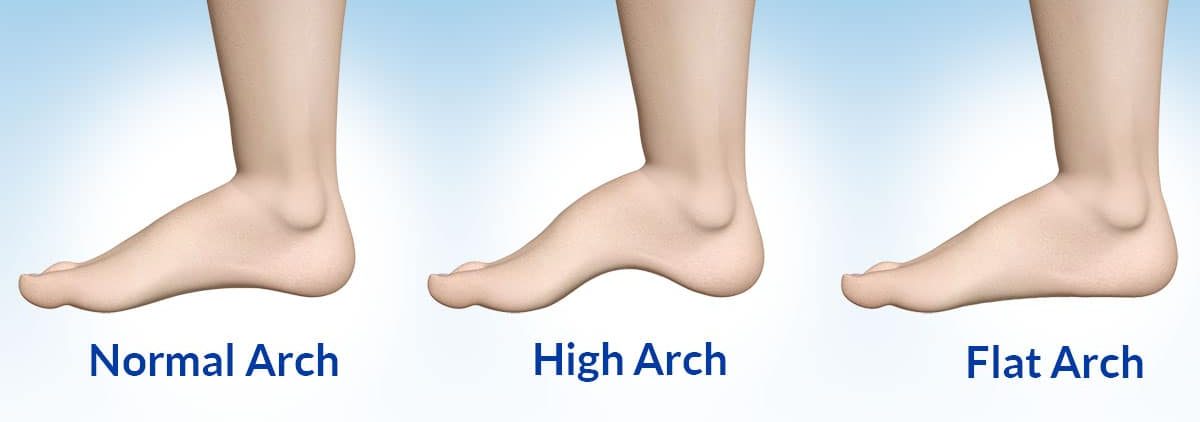
People with flat feet or high arches may experience more stress on the heel, leading to pain. This is because the foot’s natural alignment can put excess pressure on the heel during walking or standing.
6. Stress Fractures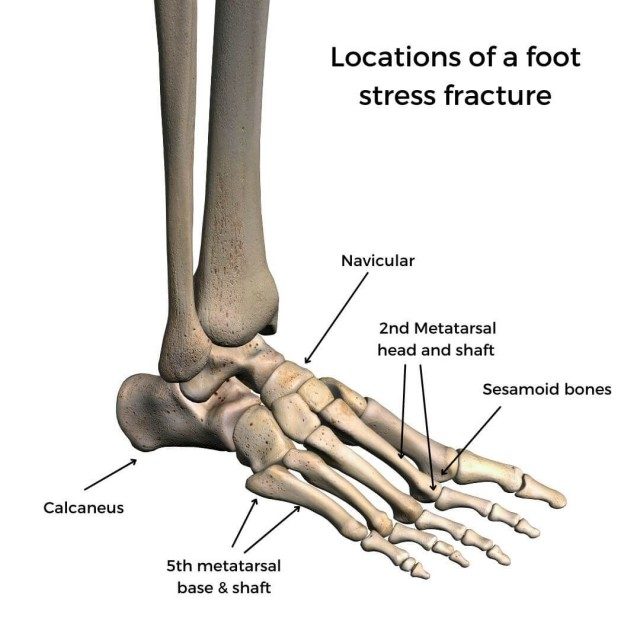
Repeated stress on the bones of the heel, especially in athletes or those who engage in high-impact activities, can lead to small fractures. These can cause pain, particularly when bearing weight on the foot.
is heel pain a sign of cancer? Additional Causes of Heel Pain That Aren’t Cancer
1. Rheumatoid Arthritis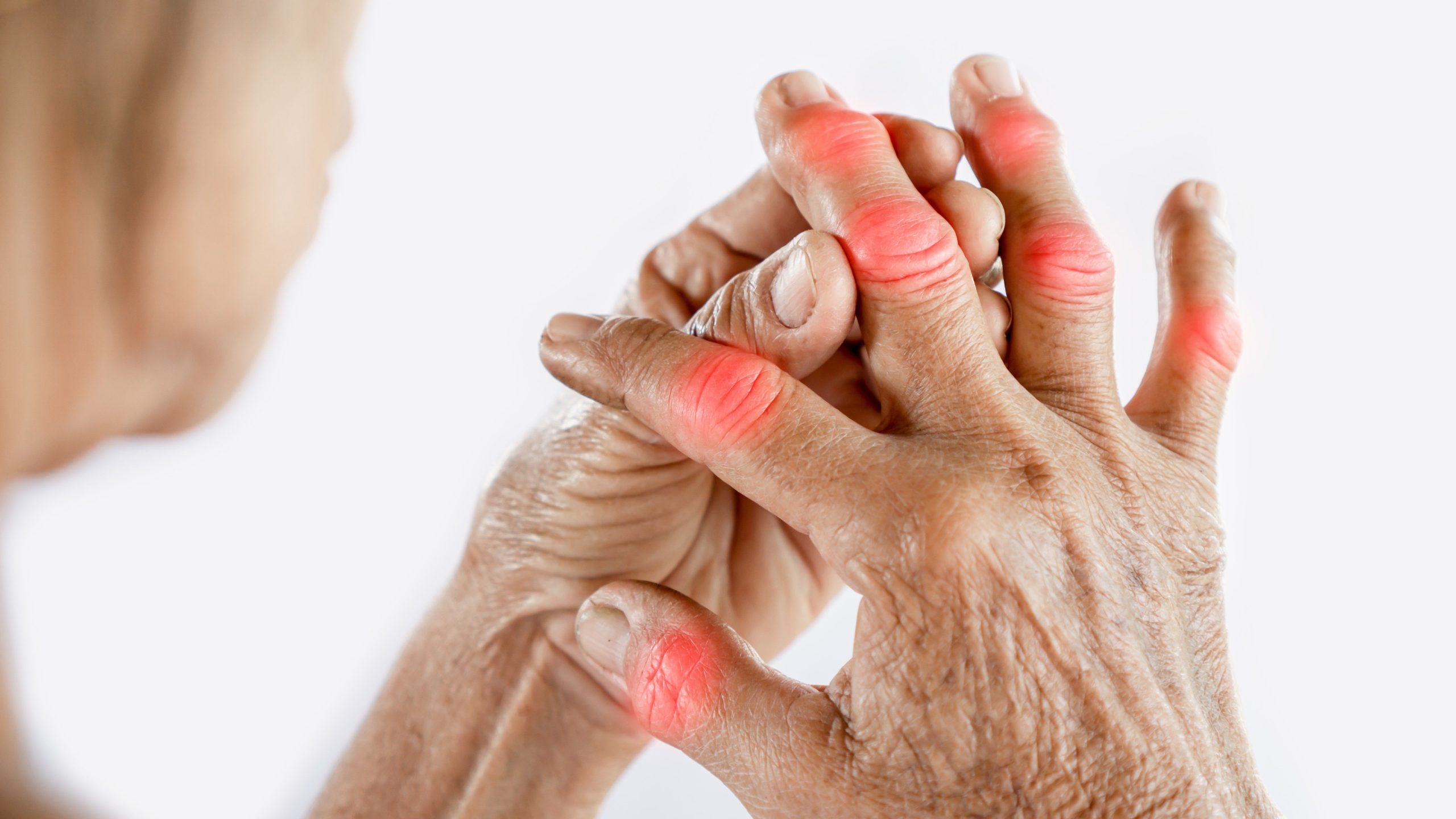
Rheumatoid arthritis (RA) is an autoimmune condition that causes inflammation in the joints. It can lead to pain, swelling, and stiffness in the joints, including those in the feet and heels. Is heel pain a sign of cancer? The pain from RA in the heels is usually a result of inflammation of the joints in the foot. This inflammation can lead to discomfort that might be mistaken for other causes of heel pain, such as plantar fasciitis.
Is heel pain a sign of cancer? While not a common cause of heel pain, RA is something to consider, especially in individuals who also experience joint pain, morning stiffness, or other systemic symptoms of RA, such as fatigue and fever. If you have been diagnosed with RA or have family members with the condition. It’s important to monitor any changes in your heel and foot health.
2. Gout
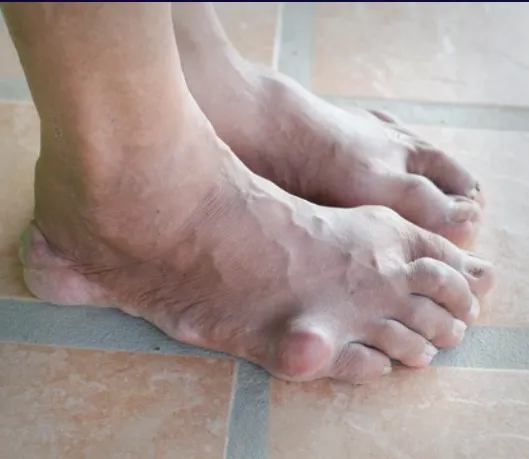
Gout is a form of arthritis that occurs when uric acid crystals build up in the joints, causing sudden, severe pain, swelling, and redness. It commonly affects the big toe, but it can also impact the heel. Gout attacks can happen suddenly, often at night, and can last for several days.
3. Tarsal Tunnel Syndrome
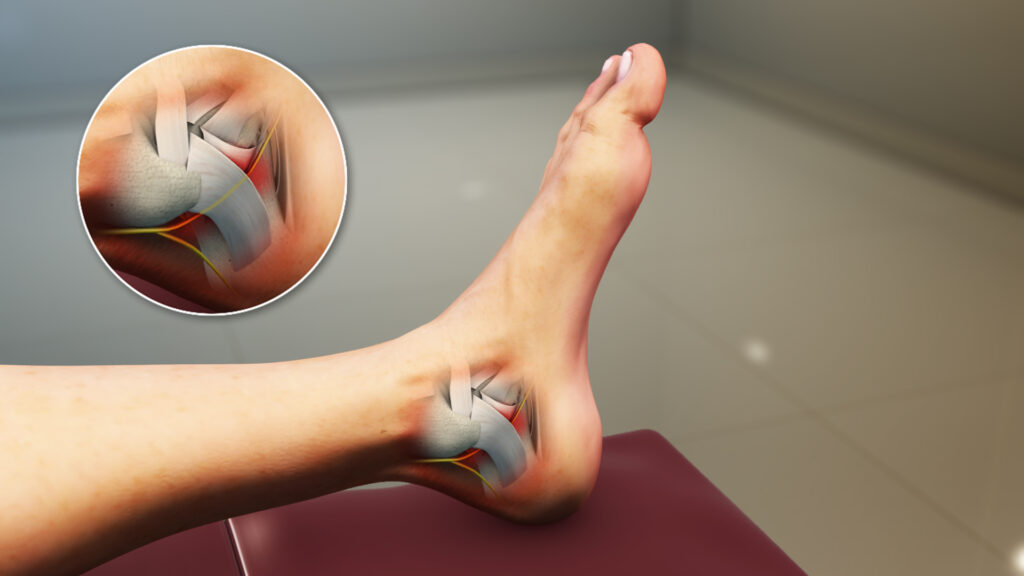
Tarsal tunnel syndrome (TTS) is a condition where the posterior tibial nerve, which runs along the inside of the ankle and into the foot, becomes compressed. This can cause symptoms such as pain, tingling, burning, and numbness in the heel or along the arch of the foot. The compression may occur due to trauma, swelling, or anatomical abnormalities in the foot.
When Should You Worry About Heel Pain?
While most cases of heel pain are related to non-serious causes, certain warning signs could indicate a more serious condition, including cancer. These include:
- Persistent Pain: Is Heel Pain a Sign of Cancer? If your heel pain doesn’t improve with rest, ice, or over-the-counter pain medication, it’s time to see a doctor.
- Unexplained Pain: If your heel pain occurs without any obvious cause (like injury or overuse), it could be worth investigating further.
- Pain at Night: Heel pain that worsens at night or keeps you awake should not be ignored, especially if it’s not relieved by rest.
- Pain with Swelling or Redness: If you notice swelling, redness, or warmth around the heel, this could indicate an infection or inflammation, and you should seek medical attention.
- History of Cancer: If You Have a History of Cancer and experience new or unusual pain, it should be evaluated by a doctor to rule out metastatic cancer.
Is heel pain a sign of cancer? How to Diagnose 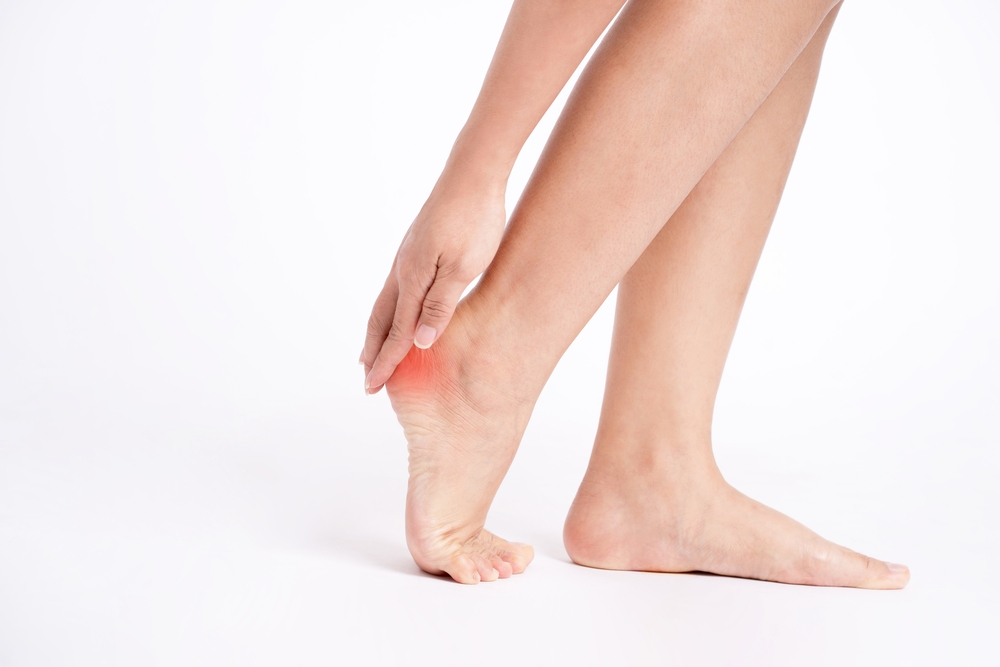
If you’re worried about Is heel pain a sign of cancer?, your doctor can guide you toward the right diagnostic tests and treatment.
. This may include:
- Physical Examination: The doctor will examine your foot, ask about your medical history, and inquire about your activities to determine the cause of pain.
- Imaging Tests: X-rays, MRIs, or CT scans can help detect bone damage, inflammation, or the presence of tumors.
- Blood Tests: In some cases, blood tests can help identify infections or inflammation.
- Biopsy: If a tumor is suspected, a biopsy may be needed to determine whether it’s cancerous.
Is heel pain a sign of cancer? Treatment Options
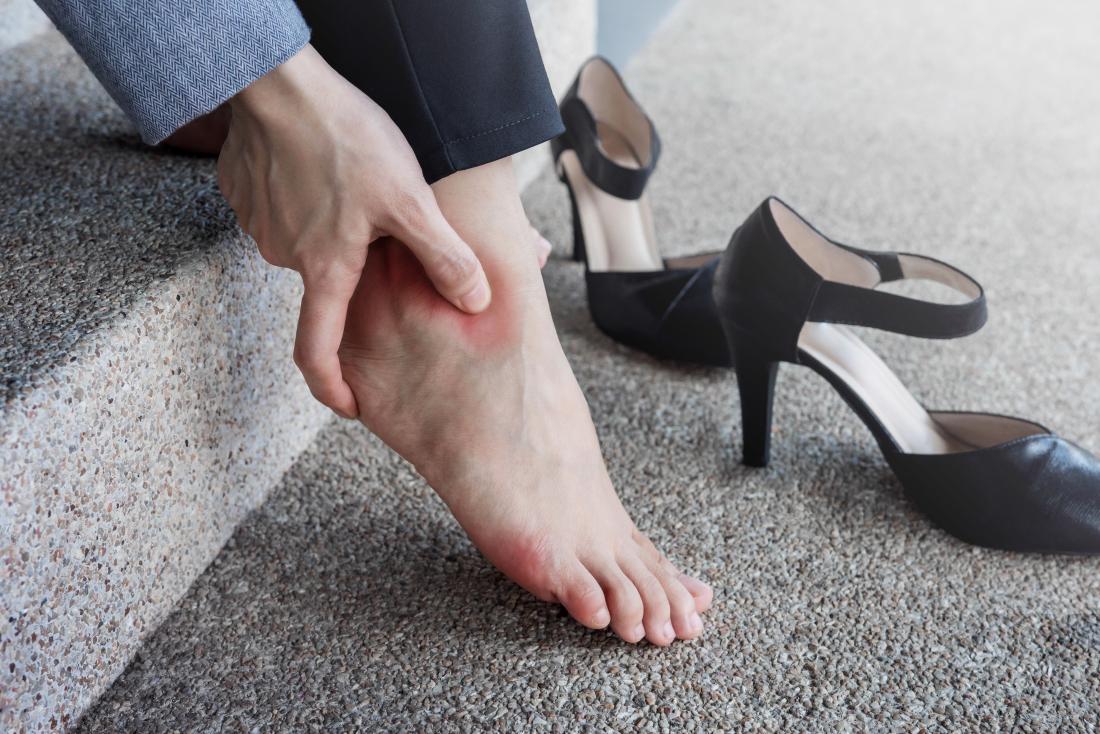
Treatment for heel pain depends on the underlying cause. Here are some common treatments:
- Rest and Ice:
For most causes of heel pain, resting the foot and applying ice to the affected area can help reduce inflammation and pain. - Footwear Changes:
Wearing supportive shoes with cushioning can relieve pressure on the heel and prevent further irritation. Custom orthotics may also be recommended for better foot alignment. - Stretching and Strengthening Exercises: Is Heel Pain a Sign of Cancer?
Exercises to stretch the Achilles tendon and strengthen the muscles of the foot can help improve flexibility and prevent future injury. - Physical Therapy:
A physical therapist can guide you through exercises and techniques to improve strength and mobility, reducing heel pain. - Anti-Inflammatory Medications:
Nonsteroidal anti-inflammatory drugs (NSAIDs) like ibuprofen can help manage pain and reduce inflammation. - Surgery:
In rare cases, if other treatments don’t work, surgery may be needed to remove heel spurs or repair damaged tissues.
1. Obesity and Weight Gain

Being overweight places extra pressure on your feet, including the heels, leading to pain. Excess weight can cause stress on the plantar fascia and other foot structures, leading to conditions like plantar fasciitis or heel spurs. Is heel pain a sign of cancer something to consider when experiencing discomfort? Maintaining a healthy weight through a balanced diet and regular exercise can reduce the risk of developing heel pain, but it’s important to consult with a healthcare provider to rule out any serious underlying conditions, including is heel pain a sign of cancer.
2. Physical Activity and Overuse

While exercise is generally beneficial for foot health, too much or the wrong type of physical activity can cause or exacerbate heel pain. Activities like running, jumping, or excessive walking on hard surfaces can stress the heel, leading to inflammation or injury. It’s important to warm up before engaging in physical activity and wear supportive shoes that cushion the feet.
If you are an athlete or regularly engage in high-impact activities, consider incorporating rest days to give your feet time to recover. Cross-training with low-impact exercises, such as swimming or cycling, can also reduce stress on the heels.
3. Footwear Choices

Wearing shoes that don’t offer enough support or cushioning can significantly contribute to heel pain. High heels, flip-flops, or shoes with flat soles provide little to no arch support, increasing the strain on the heel and foot. Always choose shoes that provide good arch support, cushioning, and stability, especially if you are prone to foot problems.
Closure:
While it’s understandable to worry about serious conditions like cancer when you experience persistent heel pain. It is important to know that most cases of heel pain are not caused by cancer. Common causes such as plantar fasciitis, Achilles tendonitis, and heel spurs are far more likely. However, if your heel pain is unusual, persistent, or accompanied by other concerning symptoms. It’s always best to consult with a healthcare provider to rule out more.



